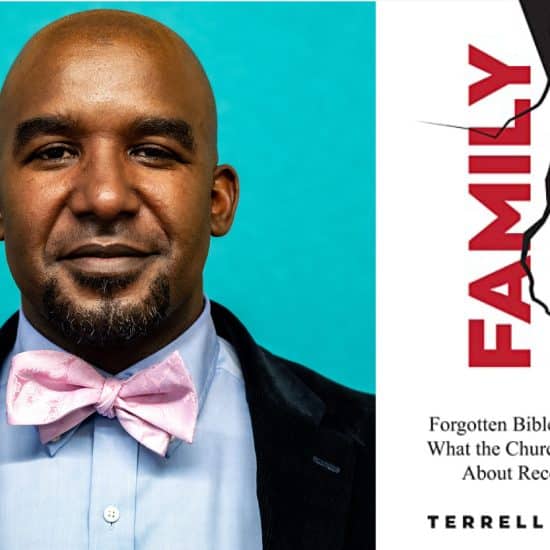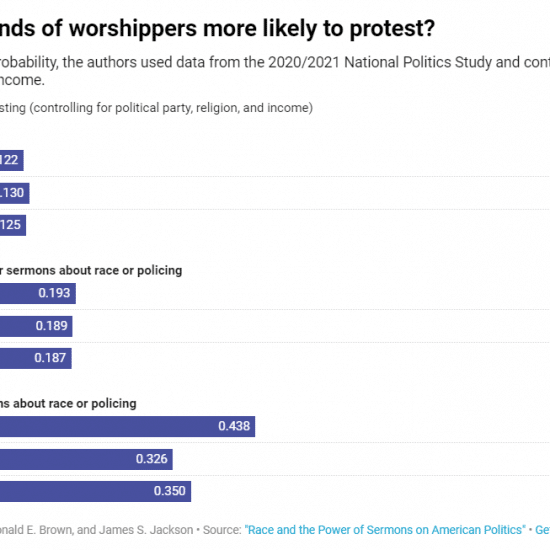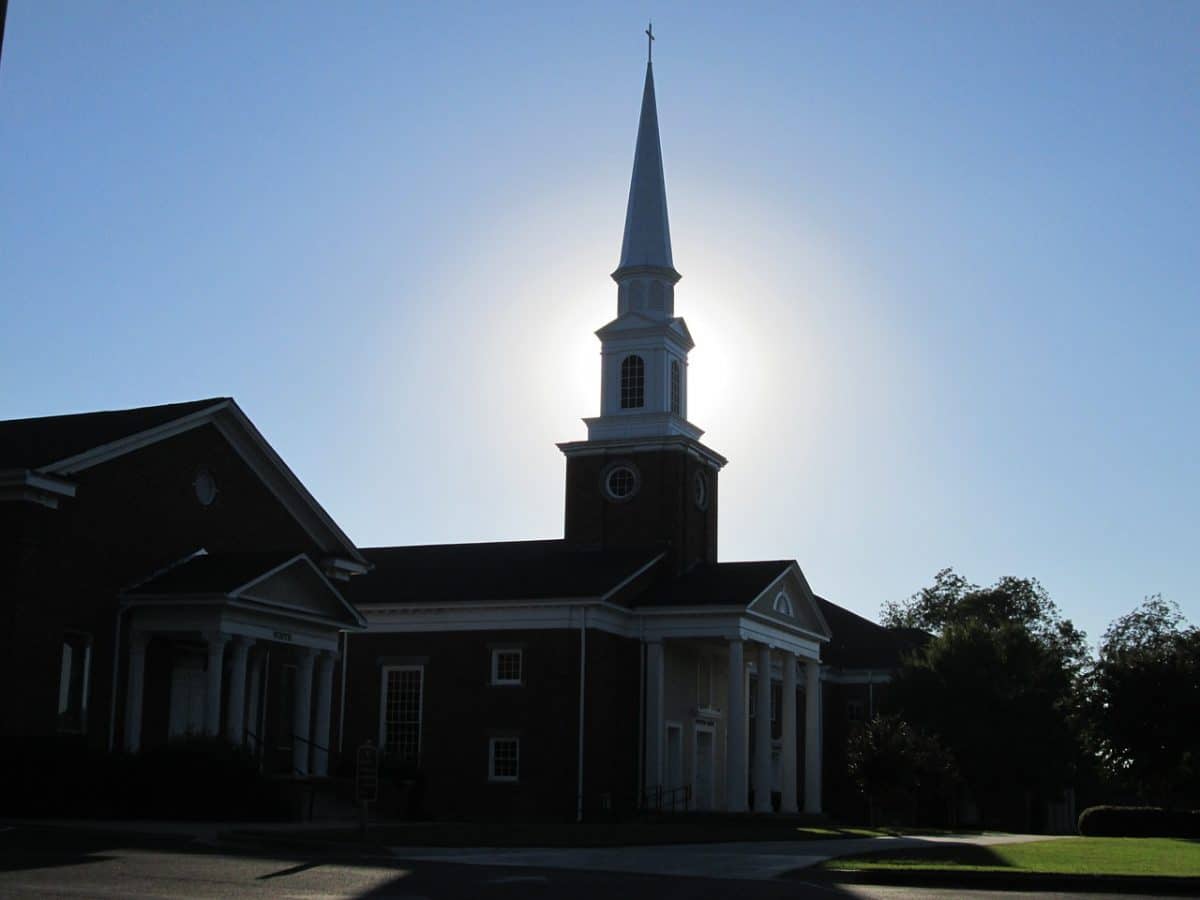
NASHVILLE (BP) — What began as midweek prayer meetings in the 18th century have become an accepted part of congregational life in the vast majority of Protestant churches in America, a study released Tuesday (Sept. 10) shows.
Nine in 10 Protestant pastors say they have some type of activity on Wednesday night, according to LifeWay Research’s survey. Only 10 percent say they have no regular events on Wednesday evening.
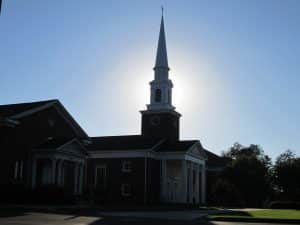
Image by HomeschoolingMinimalist from Pixabay
“Church leaders frequently discuss the difficulty of getting people to participate in church activities multiple days each week,” said Scott McConnell, executive director of LifeWay Research. “Yet the vast majority of churches are still open and active on Wednesday nights.”
While the historic roots of Wednesday night church gatherings centered on prayer, the study found the modern usage of a midweek service stretch beyond that.
Nearly 6 in 10 churches have small group adult Bible study classes. Most (53 percent) also have some type of student ministry or youth group gathering, according to the survey conducted Aug. 29-Sept. 11, 2018.
Around half of pastors (48 percent) say they have children’s activities. Slightly less (45 percent) use the night for a prayer meeting.
Close to 2 in 5 pastors say they have choir or worship team rehearsals on Wednesday.
A third (33 percent) say their church has a worship service that night, while 8 percent say they do something else.
“Corporate gatherings for prayer or worship on Wednesday nights are conducted by the majority of churches,” McConnell said. “But these churches are also offering activities for specific groups on that night.”
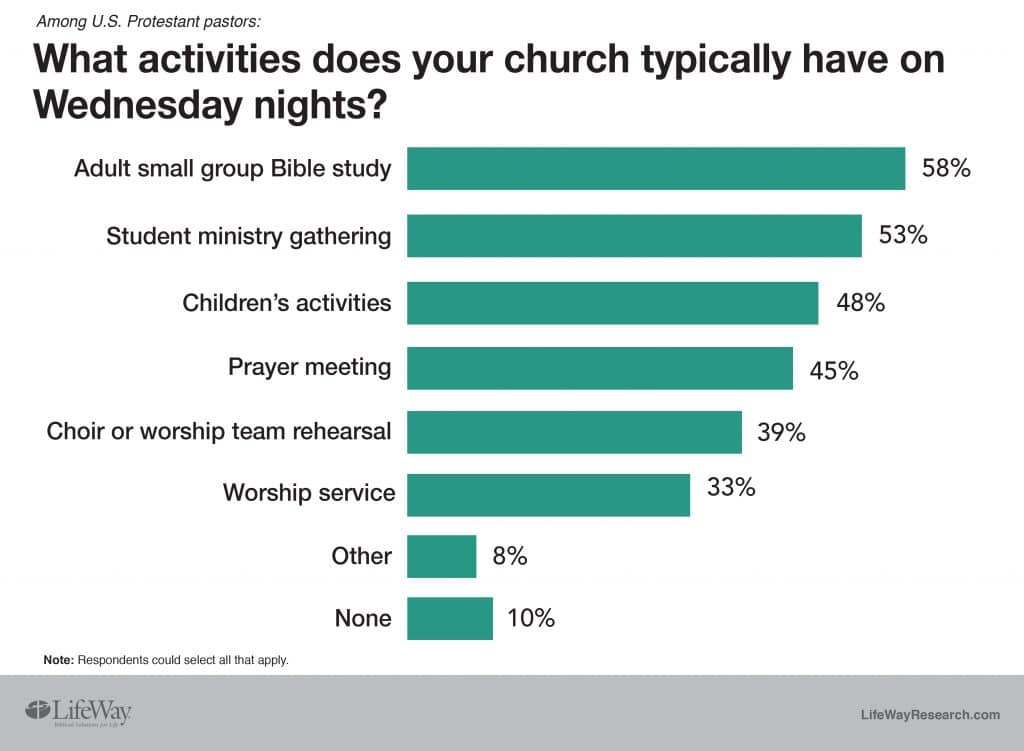 Churches drawing smaller groups on Sunday morning are the most likely to say they aren’t holding Wednesday night activities.
Churches drawing smaller groups on Sunday morning are the most likely to say they aren’t holding Wednesday night activities.
Around a third (31 percent) of pastors of churches with Sunday morning attendance of less than 50 say they don’t have any midweek events.
“It is not surprising when we see smaller churches doing fewer types of activities,” McConnell said. “Church activities require leaders and preparation. Small churches only have so many people to whom they can turn. Yet two-thirds of these churches choose to gather on Wednesday nights.”
Among churches with Sunday attendance of 250 or more, 75 percent say they have small group adult Bible study classes.
Eight in 10 pastors of this size church (80 percent) say their church has a student ministry or youth group gathering.
Pastors of churches with 250 or more in attendance are also the most likely to say they have choir or worship team rehearsal on Wednesday evening (58 percent).
The larger the church, the more likely they are to have a worship service on Wednesday night — those with a Sunday worship service of less than 50 (23 percent), those with an attendance of 50 to 99 (30 percent), attendance of 100 to 249 (38 percent), and attendance of 250 or more (41 percent).
Pentecostal pastors (62 percent) are the most likely to say they have a Wednesday evening worship service.
Pastors in the South are the most likely to say they maintain the traditional Wednesday night prayer meeting (54 percent).
Evangelical pastors (54 percent) are more likely than mainline pastors (36 percent) to hold midweek prayer meetings, while Baptist pastors are the most likely denominational group (74 percent) to reserve Wednesday night for prayer.
“The church exists 24 hours a day, 7 days a week, regardless of whether the doors to the building are open or not,” said McConnell. “But research demonstrates that church buildings are welcoming people much more frequently than one hour on Sunday morning. In fact, it is rare to find a church closed on a Wednesday night.”
Methodology
The phone survey of 1,000 Protestant pastors was conducted Aug. 29 to Sept. 11, 2018. The calling list was a stratified random sample, drawn from a list of all Protestant churches. Quotas were used for church size. Each interview was conducted with the senior pastor, minister or priest of the church called.
Responses were weighted by region to more accurately reflect the population. The completed sample is 1,000 surveys. The sample provides 95 percent confidence that the sampling error does not exceed plus or minus 3.2 percent. Margins of error are higher in subgroups.
LifeWay Research is a Nashville-based evangelical research firm that specializes in surveys about faith in culture and matters that affect churches.

